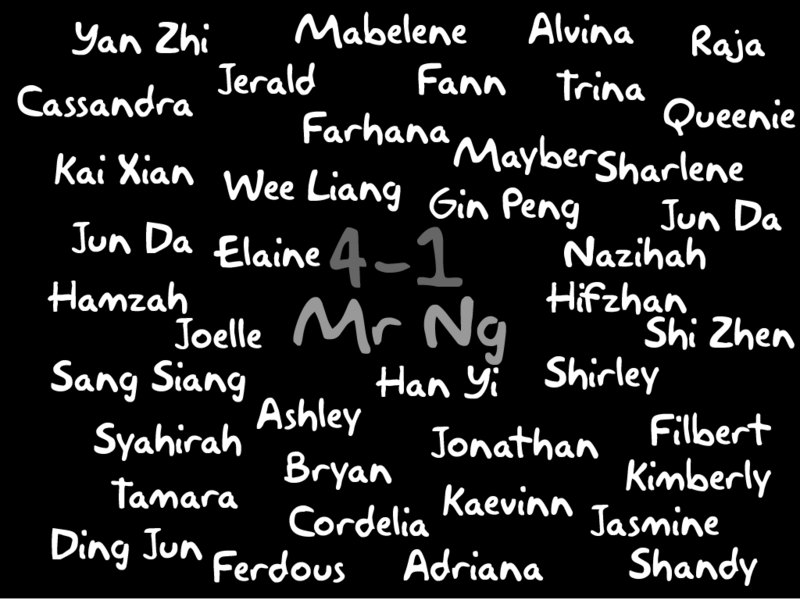
MAKE ROOM, BUS IS PACKED: On one of his trips, Mr Teo has to get off the driver's seat to ask passengers to move to the rear to make room for others.
Why are so few Singaporeans signing up to be bus drivers? The answer may lie in the long, irregular hours and low pay. SBS Transit senior bus captain Teo Cher Soon, 43, earns $1,700 a month after eight years. Reporter Yeo Ghim Lay tails him through a typical nine-hour day
5am: He has breakfast at a coffee shop near his Serangoon North home. He checks his schedule and learns that he will drive services 94 and 94A today. He has to be at the Eunos interchange to start the first of the day's nine trips by 6.32am.
He and a few other drivers are picked up by a bus for SBS employees and driven to the Braddell Road depot.
5.45am: Mr Teo reports to the office, scans his employee pass and picks up a timesheet, which contains the start and end times for the day's trips. He also picks up a checklist he will use as he inspects the bus he is to drive.
After checking for dents and the fuel and water levels, he is satisfied it is road-worthy. He boards the bus and 'logs on' with his pass. He prints out a sample ticket. The ticket machine is working fine.
6.07am: He drives the service 94 bus to Eunos interchange, the starting point. This service runs to the Republic of Singapore Air Force airbase in Paya Lebar and loops back to the interchange.
6.35am: At the Eunos interchange, more than 10 commuters are waiting. The bus fills up en route. (On his second run an hour later, more than 20 commuters are waiting.)
By the third stop, the bus is packed. Mr Teo has to get off his seat a few times to ask commuters to move to the rear to make room for others. He gives the next few stops a miss.
8.17am: He drops off his last load of passengers at the airbase and drives back to the interchange. After he checks to see that commuters did not leave anything behind, he goes to the interchange office, where he clocks in. Then, a five-minute toilet break.
8.22am: He is back on the bus to drive service 94A (the route is half that of service 94's). It plies between Eunos interchange and the airbase, and makes no stops on the return leg.
9.02am: He gets back to the interchange, slowed down by congestion en route. He takes a two-minute break.
Lunch hour: This comes after his fifth trip of the day. He has 25 minutes to eat - and not much choice by way of food at the interchange canteen. He gulps down mixed vegetables with rice and has a cup of coffee. Another toilet break and it's back on the bus.
2.40pm: He calls it a day at Eunos interchange after four more trips. It has been more than eight hours since he started work. He clocks out at the interchange office, and walks to the bus stop at Eunos MRT station to wait for the bus that will take him home.
En route, he looks at his timetable for the next day's shift, which is longer. He will drive service 63, a three-hour route.
Home!: He lies down for a one-hour nap - 'but only for an hour. If not, I won't be able to fall asleep tonight'.
His single day off a week is usually spent with his wife and daughter, who is in Secondary1.
Over the years, he has met his share of unreasonable commuters - those who take it out on him because they think they have waited too long, even when his bus is on time.
Once, he had a commuter who was so drunk that he vomited and passed out on board. Mr Teo had to call the police, who arrived with an ambulance to check on the man. Mr Teo got home later than usual that night.
Among the 10 drivers who started work the same year he did, about half have left, with most having quit or retired.
Some days, he works 13hours, depending on the shift he is assigned. Overtime pay kicks in after eight hours.
Despite the hours, Mr Teo says he does not mind the job, as he does not bring his work home. Also, the job has given him a stable income and Central Provident Fund savings, which pay for his flat.
'I plan to continue driving as long as I am able to,' he says.

No comments:
Post a Comment